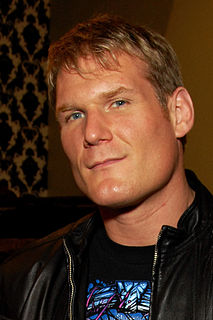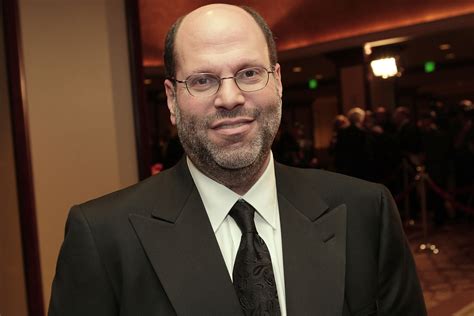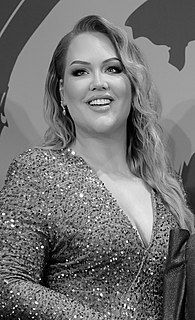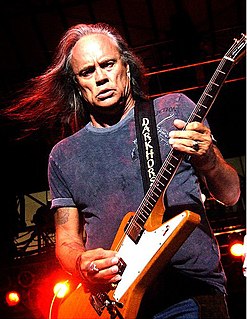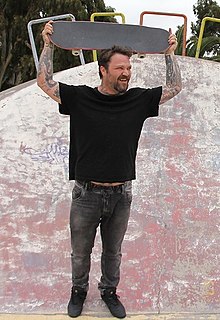A Quote by Colm Feore
I take some pains to learn the material beforehand. I have a bunch of tricks I use to try and hit the ground running. I write everything out. I take the text and I very methodically go through, and that tends to put it into my head a little bit more solidly than if I just glanced at it and hoped for the best.
Related Quotes
I still hold that pen; I still write my own story. So it's going to take a whole lot more than Samoa Joe running me over. And it's going to take more than Randy Orton kicking my face in. It's going to take more than Erick Rowan slamming my head through a table. You guys keep trying to put me down, but I will not stay down.
A lot of people take shortcuts in terms of using athleticism and defensive tactics to try and have the right game plan to go out there and win in the mixed martial arts 10-point must system. The finishing ability is put aside a little bit. But to learn to really finish takes more skill. It comes down to finishing. I go out and finish people.
The impositions that this government is trying to put on now, it's the typical death by 1,000 cuts. We'll take a little bit here, we'll take a little bit here, we'll take a little bit here. And it doesn't end the conversations for 25, 50 years. It starts the conversation again the next day what they're looking to take back.And really it's about freedoms.
If it's physical pain, you just deal with it the best way you can. But if it's more emotional, I don't know. I just try my best to feel it, take it in, and just allow myself to go through whatever may actually come from it. And then a certain amount of it, you can use to transform it through art, which is the healthy way of dealing with it, as well.
I think you have to realize that most ancient warfare is really kind of hit and run, honestly. You go and you bash down the walls of some enemy 50 miles away and you take some slaves, you take some cattle, probably a bit of cash too, and then you say goodbye and go home and you probably do the same thing next year - or try to, or they do it to you.
Every time my cameras go out on a movie, we learn something new and then we take what we learn and we put it into the next generation of the cameras so we're constantly improving. It's kind of like building a race car, racing it, then running back to the shop and working on the engine some more and tinkering with it to improve it.
I don't write as much now as I used to, but I write. The lines still come, maybe periodically, and I'll go through these little bursts of time where I write a lot of things then a long period of time where maybe I don't write anything. Or these lines will come into my head and I'll write 'em down in a little book, just little sets of lines, but I won't try to make stories or poems out of them. I'm doing a lot of that now, just the lines.
These are the things I learned: share everything, play fair. Don't hit people. Put things back where you found them. Clean up your own mess. Don't take things that aren't yours. Say you're sorry when you hurt somebody. Wash your hands before you eat. Warm cookies and cold milk are good for you. Live a balanced life. Learn some and think some and draw some and paint and sing and dance and play and work some every day. Take a nap every afternoon, and, when you go out into the world, watch for traffic, hold hands, and stick together.
Performance is made in the editing room, and I've come to see the truth in that - the idea that they say performances are usually made in the editing room because what you film is the raw material. I think just going through the process of saying, "Which take do we use? Why is that the take we want? I want that take can you edit again, I'm not sure that's the one, I think it's this one." And just because you go through that process, I think somehow it's made me sort of more open about the [actor's] possibilities.



